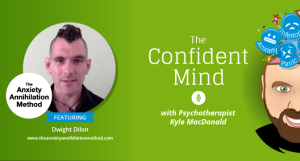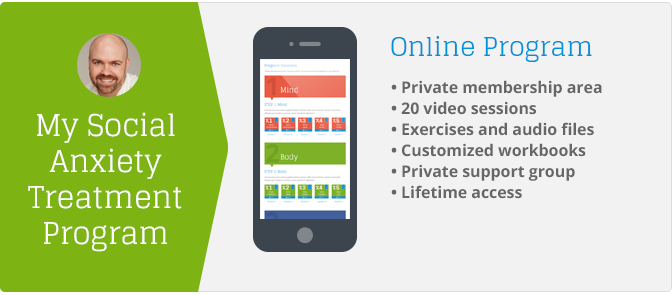In the Limelight: How to Live With Stagefright

It’s traditional to start blogs on performance anxiety by running out a list of famous names of people who suffered from stage fright.
And, sure, the fact that Adele, Barbara Streisand, Andrea Bocelli, Kim Basinger, Rod Stewart, Donny Osmond and Lawrence Olivier all managed to rake in the big bucks and forge careers in the limelight should give us all hope that we shouldn’t be shackled by our anxieties.
But the fact is that each and every case of stage fright is individual – and just because someone in Hollywood overcame their fears doesn’t mean that it’s going to be any less terrifying the next time you have to talk to a presentation at work, step up to bat in a school baseball game or even go out to a restaurant for a meal.
Because performance anxiety isn’t just reserved for violin virtuosos, stage actresses and top sportsmen – it can rear its head any time you find yourself (or perceive yourself) to be centre-stage.
The most important aspect of stage fright is that it’s pretty much common to everyone – it’s simply how you handle it which turns it into performance anxiety. For example around 85% of Americans say they’re not happy with public speaking – but that in no way means that 85% of Americans don’t speak publicly. In fact, most people will actually say that their performance is helped by coping with a few pre-event nerves.
For the one-in-nine people who experience some kind of social phobia, performance is likely to be a major trigger of their anxiety – but there can be cases for those who don’t suffer with social anxiety but who experience acute performance anxiety related to just one or two specific situations.
But in either case the symptoms are similar:
- An underestimation of your own ability combined with the overestimation of the threat involved with performance;
- The focusing on internal fears, pessimism and negative external responses;
- Physical reactions such as blushing, restlessness, trembling, heart palpitations, and “freezing”.
So how to face those fears and deal with those symptoms?
The initial response is to be aware of the physical reactions and understand the bodily responses which cause them – then you can be mindful of how regular those responses are throughout most individuals.
Once you’ve learnt to recognise the fear and anxiety for what it is, you can then move on to using that fear to benefit your performance. Sure, you might not be performing at the Grammies or starring on Broadway, but even harnessing some of that adrenalin for positive use in a work presentation, job interview or class sports day can help you perform better.
To understand a little more about performance anxiety, listen to my conversation with professional jazz musician Dwight Dilon on my Confident Mind podcast in which we talk about living with stage fright and learn techniques to overcome it.
Next post: 8 Steps to Making Smalltalk
Previous post: Why Being Kind Makes You Feel Better




RAW for good